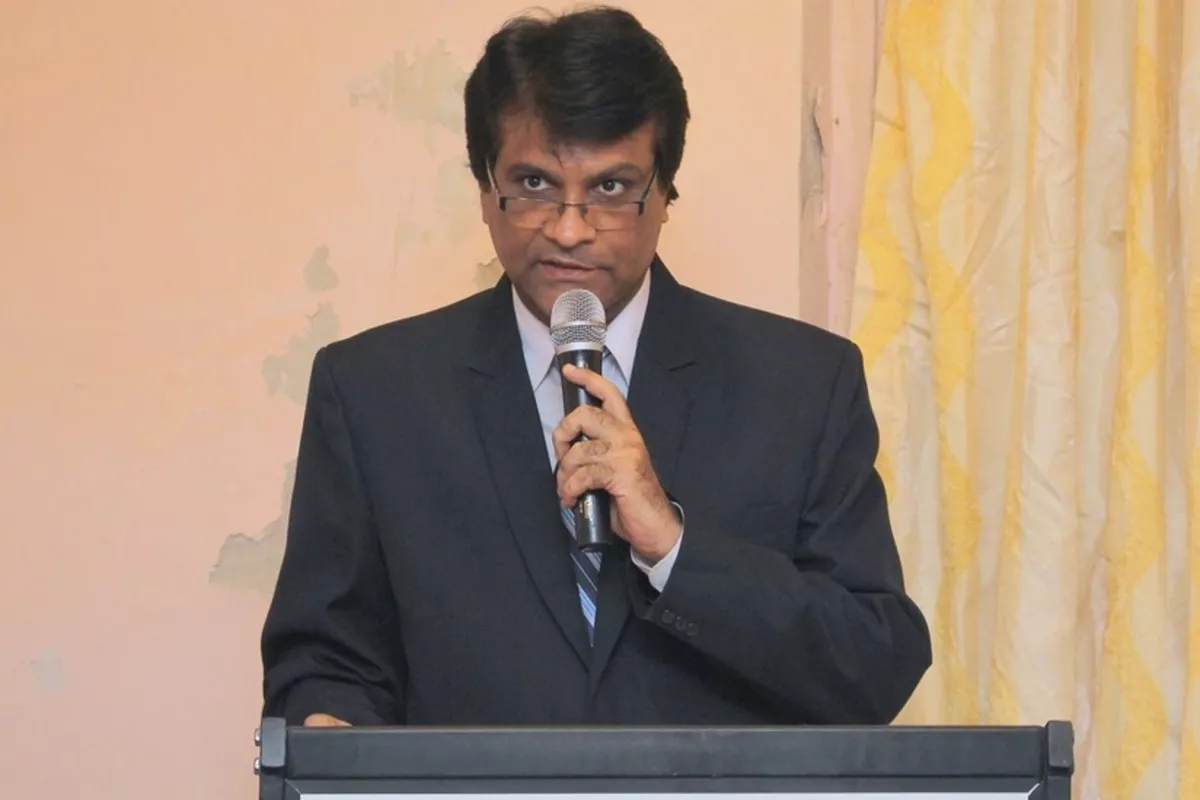
Dr. Shoaib Khan of the Centre for Central Eurasian Studies, University of Mumbai
At the recent Shanghai Cooperation Organisation (SCO) summit, India blocked Azerbaijan’s bid to join the organisation, a move that sparked considerable debate in regional and international circles. Many observers saw this decision as a reflection of New Delhi’s complex geopolitical calculations and its growing alignment with Armenia, as well as its longstanding rivalry with Pakistan. To better understand the motivations behind India’s actions and their implications for both Azerbaijan-India relations and the broader dynamics within the SCO, The Caspian Post spoke with Dr. Shoaib Khan of the Centre for Central Eurasian Studies, University of Mumbai, who shared his insights on this development and its potential consequences.

- In your opinion, why did India block Azerbaijan’s bid to join the SCO, and what factors might have influenced this decision?
- The spirit of pragmatism has yet to extend to India’s policy toward Azerbaijan. At the very same summit where New Delhi reached out to Beijing, it once again blocked Azerbaijan’s application to join the SCO. This decision was met with disappointment in Baku and interpreted - including by Azerbaijani President Ilham Aliyev - as a deliberate act of political retaliation for Azerbaijan’s close alliance with Pakistan.
India’s move highlights a troubling double standard. While it seeks to mend fences with a former adversary like China, it continues to allow old grievances to dictate its stance toward Azerbaijan.
The roots of this policy lie in India’s geopolitical bet on Armenia. Over the past several years, New Delhi has sought to expand its influence in the South Caucasus by supporting Armenia, including through arms sales and diplomatic backing.
India’s decision to obstruct Azerbaijan’s application stands in sharp contrast to the principles of multilateral diplomacy and the “Shanghai Spirit,” which states that bilateral disputes should not be brought into multilateral platforms.
- How could India’s decision affect relations between Baku and New Delhi, as well as the overall dynamics of cooperation within the SCO?
- The decision taken by New Delhi will likely affect India’s trade relations with Azerbaijan, which are expected to come under strain due to Baku’s backing of Islamabad and its condemnation of India’s recent strikes on terror camps in Pakistan. Following Azerbaijan’s show of support for Pakistan, calls for boycotting Turkish and Azerbaijani goods and tourism have surfaced across India, with online travel platforms like EaseMyTrip and Ixigo even issuing advisories against visiting these countries.

India's exports to Azerbaijan stood at only USD 86.07 million during April-February 2024-25, compared to USD 89.67 million in 2023-24. This accounts for a meagre 0.02% of India’s total outbound shipments, a figure that is likely to decline further.
New Delhi’s actions harm not only Azerbaijan but also the Shanghai Cooperation Organisation itself, by turning it into a stage for settling bilateral disputes. In the long term, this approach is unlikely to yield dividends for India. On the contrary, it diminishes its authority and increases distrust among other members - including China, which has openly supported Azerbaijan’s application.
In a context where Beijing is interested in expanding the SCO and strengthening its role as a globally significant platform, India’s behaviour appears clumsy and shortsighted. Meanwhile, countries that back Azerbaijan, such as Pakistan and China, may clash with India within the SCO, further affecting the organisation’s internal dynamics.
Despite these blockades and diplomatic obstacles, Baku has consistently avoided confrontation and instead focused on building long-term partnerships with key global centres of influence.
- Do you believe India’s position could change in the future, opening new opportunities for Azerbaijan within the organisation?
- India’s current approach harms not only Azerbaijan but the SCO itself, as it risks transforming the organisation into an arena for political score-settling. In the long term, this strategy is unlikely to benefit New Delhi. Instead, it will weaken India’s standing and erode trust among other member states, particularly China, which has consistently supported Azerbaijan’s bid.
Meanwhile, Azerbaijan demonstrates a completely different strategy. Despite facing blockades and diplomatic hurdles, Baku continues to pursue a policy of avoiding confrontation while steadily building enduring relationships with key global powers.
With American sanctions on India underway and India’s gradual pivot toward closer cooperation with Russia and China, New Delhi will eventually have to reconsider its stance. It cannot afford to lose valuable trading partners like Türkiye and Azerbaijan if it hopes to achieve its long-term economic objectives. This pragmatic need may eventually open the door to a reassessment of India’s position, creating new opportunities for Azerbaijan within the SCO.
Share on social media